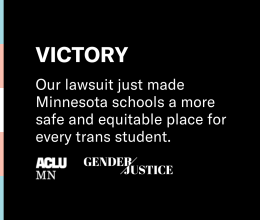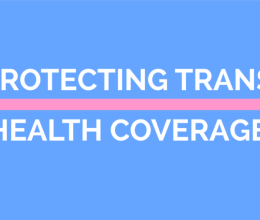Contributed by Mahad Olad
Hello, everyone!
I’m Mahad, a senior at Brooklyn Center Secondary School. Lack of awareness about sexual health among teenagers can, and often does, cause dangerous misconceptions to arise. In my middle school years, girls purchased packets of skittles to use as a form of birth control, and boys refrained from drinking Mountain Dew for fear that it would lower their sperm count. The sheer absurdity of these mistaken beliefs is what prompted my interest in adolescent sexual health, and making comprehensive sex education available to all teenagers.
Many schools are very hesitant when it comes to topics that deal with sexual health and LGBT rights. As a result, health educators may not adequately teach students the accurate information. This contributes to the rise of the previously mentioned misconceptions. A more dangerously consequential belief that many high school students have is that a woman cannot become pregnant during her period. Even though it is not very common, it is possible for women to become pregnant from the sex they’ve had during their period.
When school administrators are not aware of the sexual health rights of teenagers, it can open the door to the abuse of student’s legal rights. I’ve heard countless stories about girls being pressured to drop out of school for being pregnant, and LGBT couples being banned from attending prom.
I’ve created a presentation that outlines the rights teens are entitled to, both in and out of school. It applies to all teens who are thinking of becoming sexually active, wanting to use birth control, getting tested, as well as if they are pregnant or parenting. The presentation also includes resources students can utilize to access more information about adolescent sexual health and youth rights, and organizations they can turn to for help.
Hopefully, the presentation will help teens, parents, and adults who work with teens to become better informed about the laws surrounding adolescent and health care rights. It is also my hope that in educating teens and adults about their legal rights and responsibilities, it will foster communication about these issues where open dialogue has not existed before, and raise awareness about the multitude of issues sexually active teens face on a daily basis.
To see the presentation click here.




